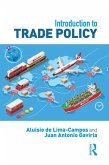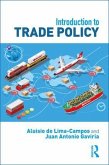Ähnliche Artikel
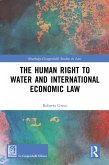
eBook, ePUB
5. Mai 2022
Taylor & Francis eBooks
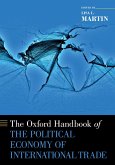
eBook, ePUB
23. April 2015
OUP eBook
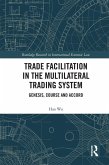
eBook, ePUB
11. Juli 2018
Taylor & Francis eBooks
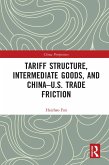
eBook, ePUB
28. März 2021
Taylor & Francis eBooks
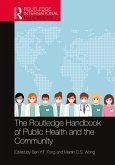
eBook, ePUB
29. August 2021
Taylor & Francis eBooks
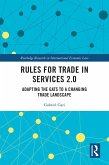
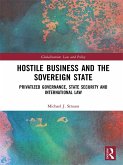
eBook, ePUB
14. Dezember 2018
Taylor & Francis eBooks

eBook, ePUB
30. November 2023
Taylor & Francis eBooks
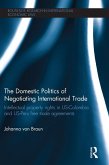
eBook, ePUB
29. März 2012
Taylor & Francis eBooks
Ähnlichkeitssuche: Fact®Finder von OMIKRON

